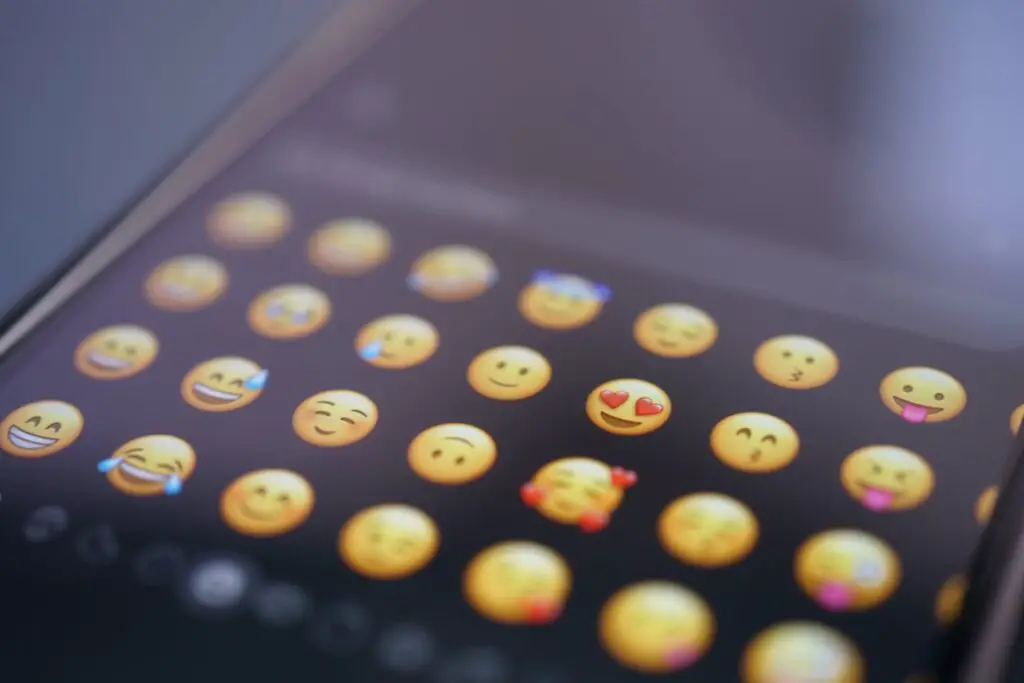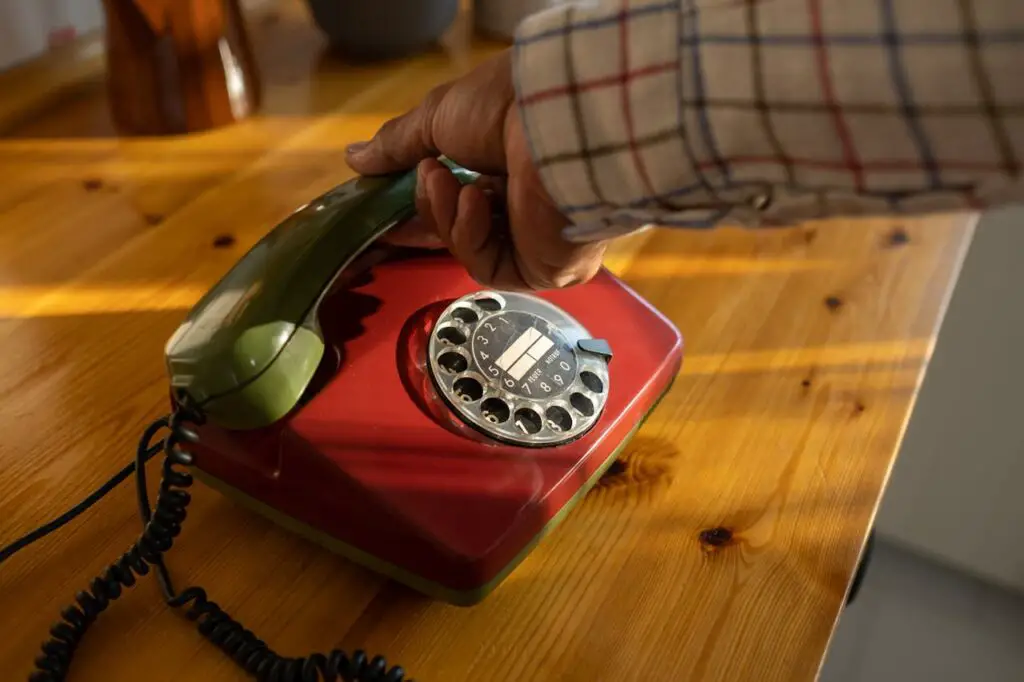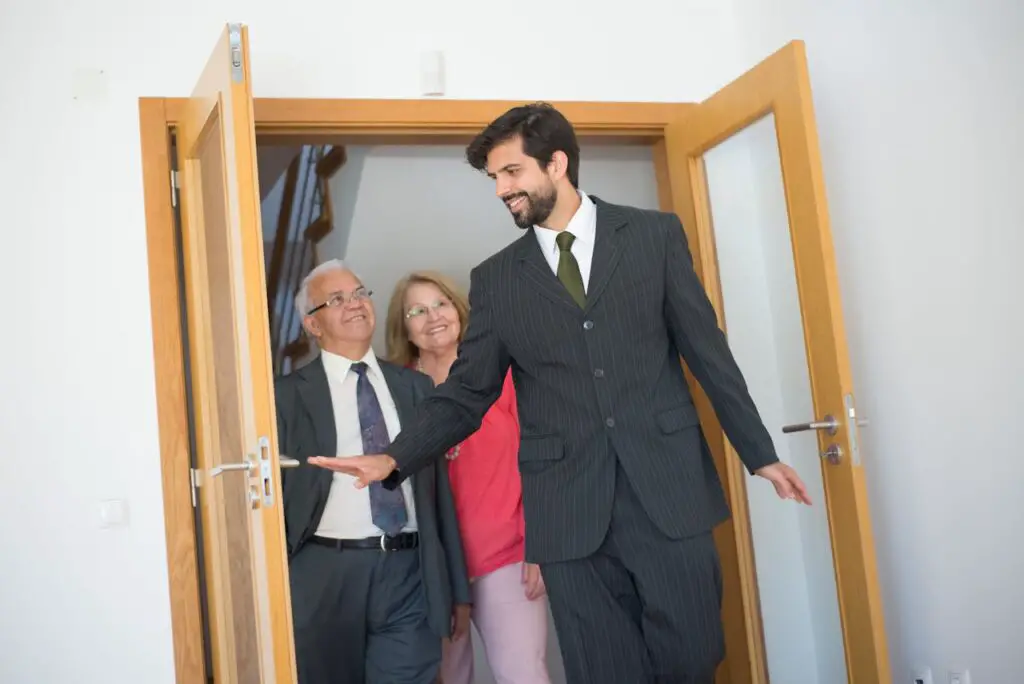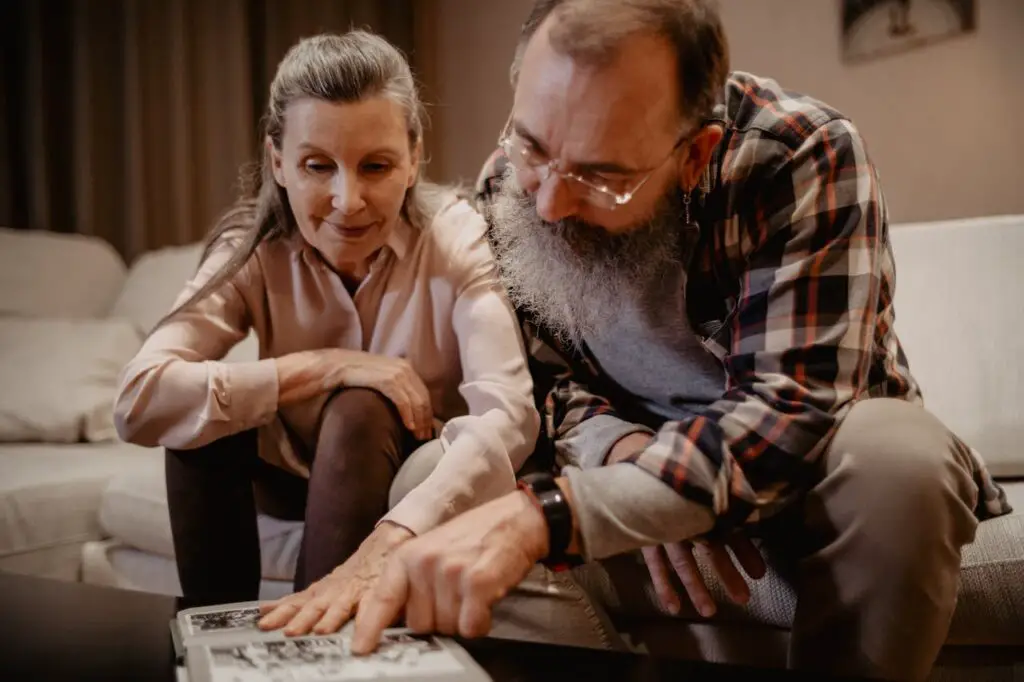10 Outdated Boomer Habits That Make Millennials Cringe Today

The generational clash between Baby Boomers and Millennials is nothing new, but as the world continues to evolve at lightning speed, some long-held habits of Boomers are becoming more than just old-fashioned—they’re downright cringe-worthy to younger generations. Millennials, raised in the digital age with different social norms and values, often find themselves puzzled or even irritated by behaviors that Boomers still swear by. These aren’t just harmless quirks—they represent deep cultural divides in how each generation views technology, communication, money, work, and even personal identity.
From paper bills to landline phones, from rigid professionalism to excessive nostalgia, Boomers often hold on tight to habits that Millennials consider unnecessary or outdated. But why do these behaviors persist, and what do they say about the world each generation came from? In this blog, we’re diving into 10 of the most outdated Boomer habits that make Millennials cringe—and exploring the reasons why Boomers still haven’t let them go.
1. The Phone Call Obsession

For Baby Boomers, a phone call is the gold standard of communication. Whether it’s a quick question or a long conversation, many Boomers instinctively reach for the phone. Millennials, on the other hand, often dread unexpected calls, preferring to communicate through texts, emails, or instant messages. To Millennials, calls can feel intrusive and unnecessary—especially when the same message could have been conveyed in a few typed words. Boomers, however, see phone calls as personal, polite, and efficient. The disconnect stems from generational norms around availability and privacy—Boomers were raised in a time when real-time communication was limited to the phone, while Millennials grew up in a world of digital flexibility.
2. Avoiding Emojis and GIFs in Messages

In the Millennial world, emojis, GIFs, and memes aren’t just fun—they’re an essential part of communication. These visual tools help express tone, sarcasm, humor, and emotions in a way that plain text can’t. Boomers, however, often find them childish, confusing, or even inappropriate in professional settings. Many avoid using them altogether, sticking to traditional, text-only messages that Millennials often interpret as cold or overly serious. This resistance to modern communication norms can make Boomer messages feel tone-deaf or out of place. Millennials cringe when they receive a stiff, emoji-less text, while Boomers might feel that expressive digital symbols dilute the message’s sincerity.
3. Clinging to Paper Bills and Documents

Despite the convenience of online statements, digital receipts, and cloud storage, many Boomers still insist on using paper for everything—utility bills, bank statements, insurance documents, and more. Millennials, by contrast, favor digital alternatives that are easier to store, search, and organize. The idea of filing paper copies in a cabinet or binder seems outdated and wasteful to younger generations. Boomers argue that paper feels more secure and tangible, but Millennials see it as clutter. The environmental impact of unnecessary paper use also plays into Millennial discomfort, as sustainability is a core value for many in this generation.
4. Still Using Landline Phones

To Millennials, landline phones are as obsolete as VHS tapes. Yet many Boomers continue to keep and use them, seeing them as reliable backups in case mobile networks fail. Millennials argue that mobile phones do everything a landline can do—and more—so paying for a separate line feels redundant. The attachment to landlines highlights a generational comfort with “what’s always worked.” But for Millennials, the idea of having a stationary phone plugged into the wall is not only outdated, it’s inconvenient and unnecessary.
5. Refusing to Adapt to New Technology

Millennials adapt quickly to new tech—they grew up with it and continue to thrive in a constantly evolving digital environment. Boomers, on the other hand, often approach new tools and platforms with skepticism or even resistance. Whether it’s refusing to update their operating system, avoiding mobile apps, or sticking with outdated browsers, many Boomers struggle with or avoid tech learning curves. Millennials often find this resistance frustrating, especially when technology could improve their parents’ or grandparents’ lives. It’s not about age—there are plenty of tech-savvy Boomers—but the pattern of resistance is common enough to cause friction. Millennials cringe when a Boomer says, “I don’t trust that app,” without understanding how it works.
6. Using Overly Formal Email Etiquette

Boomers often bring traditional business communication etiquette into every email—complete with formal greetings and closings like “Dear Sir or Madam” and “Sincerely yours.” Millennials, however, prefer a casual, conversational tone that matches today’s fast-paced, informal work culture. Long email threads with formal language can feel robotic and unnecessary to Millennials, especially when a quick Slack message or short email would suffice. While Boomers value the professionalism that formality brings, Millennials prioritize clarity and brevity. These differences in tone can cause emails to feel awkward or outdated, making Millennials roll their eyes at the stiff and overly polite language.
7. Idealizing Homeownership as a Life Goal

Boomers grew up with the belief that owning a home was the cornerstone of the American Dream. For them, buying property represented success, stability, and adulthood. Millennials, however, face a much different economic reality: high housing prices, student loan debt, and stagnant wages. As a result, many have shifted priorities toward flexibility, renting, and investing in experiences rather than property. When Boomers lecture Millennials on the importance of buying a home, it can come off as tone-deaf or disconnected. Millennials cringe not because they don’t want homes, but because they’re tired of being judged for financial choices shaped by a very different economy.
8. Depending on Traditional Banks and Checks

While Millennials use apps like Venmo, Cash App, and digital wallets to manage their finances, many Boomers still rely on in-person banking, handwritten checks, and paper statements. Visiting a bank branch to deposit a check or transferring funds through a teller seems incredibly inefficient to Millennials, who are accustomed to doing everything through their phones. This generational divide in financial habits underscores a larger issue—Boomers often associate physical presence with trust and security, while Millennials prioritize speed, convenience, and digital control. Seeing a Boomer pull out a checkbook at the grocery store is a common cringe moment for tech-savvy Millennials.
9. Romanticizing the Past

Boomers often reminisce about the “good old days” with a kind of rose-colored nostalgia that can feel dismissive of present-day struggles and advancements. While it’s natural to reflect fondly on one’s youth, constantly comparing modern life unfavorably to the past can come off as judgmental or condescending. Millennials, who are dealing with climate change, economic instability, and rapid societal shifts, often feel like Boomers are ignoring the realities of today. Constantly hearing about how things were “so much better back then” can feel like invalidation, especially when younger generations are working to build a better future. This backward-looking mindset often leads to eye-rolls and awkward silences in cross-generational conversations.
10. Equating Hard Work with Long Hours

One of the biggest philosophical differences between Boomers and Millennials is how they view work. Boomers often equate success with long hours, company loyalty, and climbing the corporate ladder. Millennials, however, are pushing for work-life balance, remote flexibility, mental health support, and meaningful work. To Boomers, clocking out at 5 p.m. might signal laziness; to Millennials, it signals boundaries. Millennials cringe when Boomers shame them for wanting personal time or imply that working from home isn’t “real” work. The modern workforce is evolving, and Millennials are leading the charge for a healthier approach to career and life. Boomers’ dedication to the grind may be admirable, but their resistance to modern workplace values often feels outdated.
Final Thoughts

The generational gap between Boomers and Millennials is more than a matter of age—it’s a reflection of how the world has changed. While Boomers hold tight to habits that once defined success, communication, and security, Millennials are forging new paths that prioritize flexibility, efficiency, and digital innovation. These differences often lead to eye rolls, misunderstandings, and cultural cringes, but they also present an opportunity for both sides to learn from each other.
Boomers can benefit from the Millennial embrace of technology, balance, and open-mindedness, while Millennials might gain insight from the resilience and dedication that shaped the Boomer generation. At the end of the day, bridging the gap starts with empathy. But it’s still fair to say—some habits just need to be left in the past.
Leave a Reply